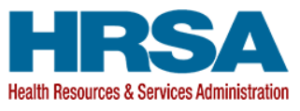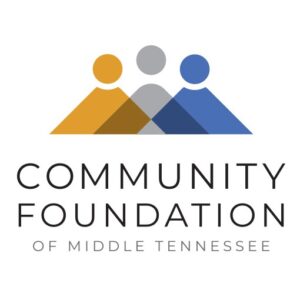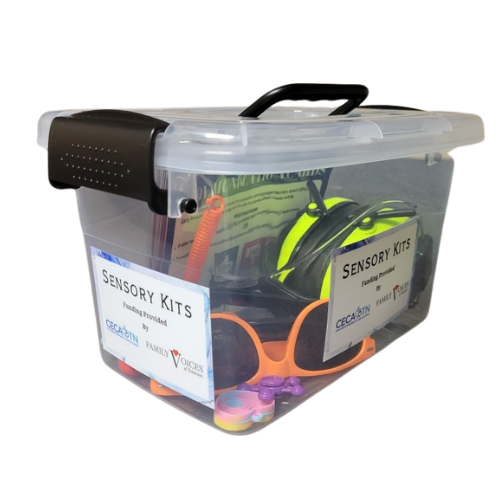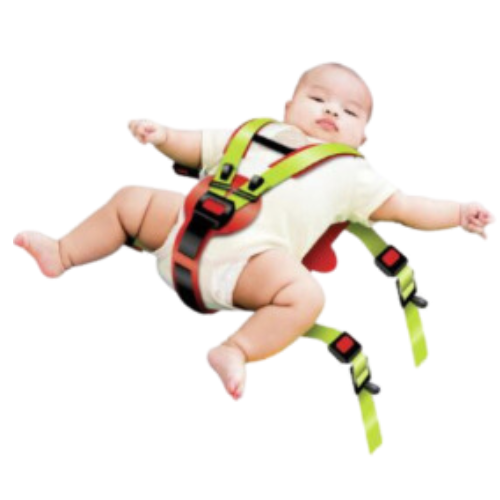Emergency Child Restraints
There is no safe way to transport a pediatric patient in the back of an ambulance...or is there?
Unlike child car seats used in automobiles which must meet rigorous safety standards developed by the U.S. Department of Transportation, there are no such requirements for child transport devices used in ambulances. Further, industry experts agree the testing criteria for child seats designed for automobiles do not apply to the patient compartment of an ambulance. It is recommended, not mandated, that EMS providers utilize devices specifically designed for child transport in ambulances.
In order to ensure safe transport of pediatric patients, CECA has decided to embark on a project to help outfit every ambulance in our state with a pediatric transport device to keep our children safe when riding in the back of an ambulance.

Thank you so much to these donors who have made it possible for us to purchase Emergency Child Restraints for EMS agencies throughout Tennessee!





Sensory Kit Pilot Program
The Children's Emergency Care Alliance of Tennessee is excited to partner with Family Voices of TN to introduce our Sensory Kit Pilot Program, aimed at improving the emergency care experience for patients with autism and other intellectual and developmental disabilities (IDD). Each sensory kit is designed to cater to the unique needs of these patients, helping to reduce stress and improve communication during emergency situations.
What's Included:
- Communication Card with Marker: A simple and effective tool for non-verbal patients to express their needs and feelings.
- Noise-Reducing Headphones: Designed to help minimize auditory overstimulation and create a more comfortable environment.
- Sunglasses: To reduce visual overstimulation from bright lights, often found in emergency settings.
- Sensory Toys: To provide a tactile outlet for stress relief and focus.
Training and Distribution:
All participating EMS agencies will receive specialized Intellectual and Developmental Disabilities (IDD) training, ensuring that our teams are well-prepared to support patients with IDD effectively. Each EMS agency involved in the pilot program will receive one sensory kit.
We believe that with the right tools and training, we can make a significant difference in the care and comfort of patients with IDD during emergency situations. Join us in our mission to ensure every child receives the best possible care when they need it most.



